


Use the Online Catalog to find books. In the Online Catalog you can search for books by subject, or you identify the location within the Library of a particular book or journal.
Books and journals are organized in the library by subject. Each item is assigned one or more subject headings and a unique call number. Subject headings are standardized terms from the Library of Congress. The call number is based on the Dewey Decimal Classification.
The UIUC Library is one of 70+ member libraries comprising the I-Share consortium. I-Share libraries share an online catalog, Vu-Find, and UIUC students, staff, and faculty can borrow directly from the other libraries in the consortium by placing a request through this catalog.
It’s true that you can find sources on a topic by doing keyword searches. But if you limit yourself to keyword searching, you are likely to miss important material on your topic that uses other terms. If you only need two or three books, you can probably find what you need by doing keyword searches, but if you are doing historical research, you can’t afford to miss critical material on your topic. For a comprehensive subject search, search with subject headings as well as keywords.
A good way to identify subject headings for a topic is to do a keyword search in the online catalog using terms you think describe the topic and try to identify a few relevant books. Look at the full record for those books to see what subject headings were used, then do another search on those headings.
As a rule of thumb, use fairly broad headings, as well as the specific ones that describe your topic, in order to make sure you haven't inadvertently eliminated relevant material that is contained within works of larger scope. Most likely you will find multiple headings to describe your topic, and you should use all of them. You can narrow your search in the online catalog by combining subject headings (as a phrase) with keywords, using the “Advanced Search” option.
To search the online catalog, use the Classic Catalog, the only version of the catalog that provides access to the subject and author headings, which enable systematic exploration of the Library collections. The Classic Cataog offers both “Quick Search” and “Advanced Search” options. Use “Advanced Search” to identify subject headings on your topic, to combine subject headings (or elements from subject headings) in a Boolean search, or to combine keywords from any part of the record with subject headings to narrow your search.
Use “Quick Search” to browse a subject heading (e.g., Protest movements --United States --History), to search a title when you know exactly how it begins (e.g., Hysterical Men), to locate a work or works by a particular author (e.g., Jonathan Ebel), or to browse the collection by classification (e.g., 305.800973).
In addition to the 12 million+ printed books available to you here in the Library, we also have a rapidly growing collection of digitized books.
Internet Archive and Google Books.
Millions of books digitized from the collections of North American and British research libraries, including University of Illinois. These are the two largest digitized book collections that are free to use. For the Internet Archive, the UIUC Library has digitized a large number of books about immigration from our collections published before 1923, as well as a corpus of translations from the ethnic press in Chicago, entitled the Chicago Foreign Language Press Survey.
ACLS Humanities E-Book (formerly History E-Book Project).Includes more than 4,000 scholarly books in the humanities, made available in digital format by the American Council of Learned Societies.
Afro-American Imprints, 1553-1922: From the Library Company of Philadelphia.
Sabin Americana.
Based on Joseph Sabin's Bibliotheca Americana, this collection includes books, pamphlets, and periodicals about the Americas published between 1492 to 1868
Pop Culture Universe. A collection of over 300 books on pop culture--mostly reference sources like encyclopedias--along with extensive editorial apparatus like timelines, introductory essays, and more. Browse by decade (1920-present) or subject.